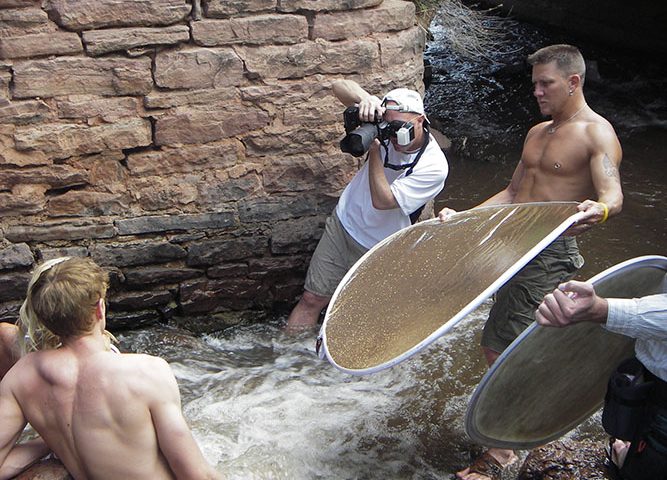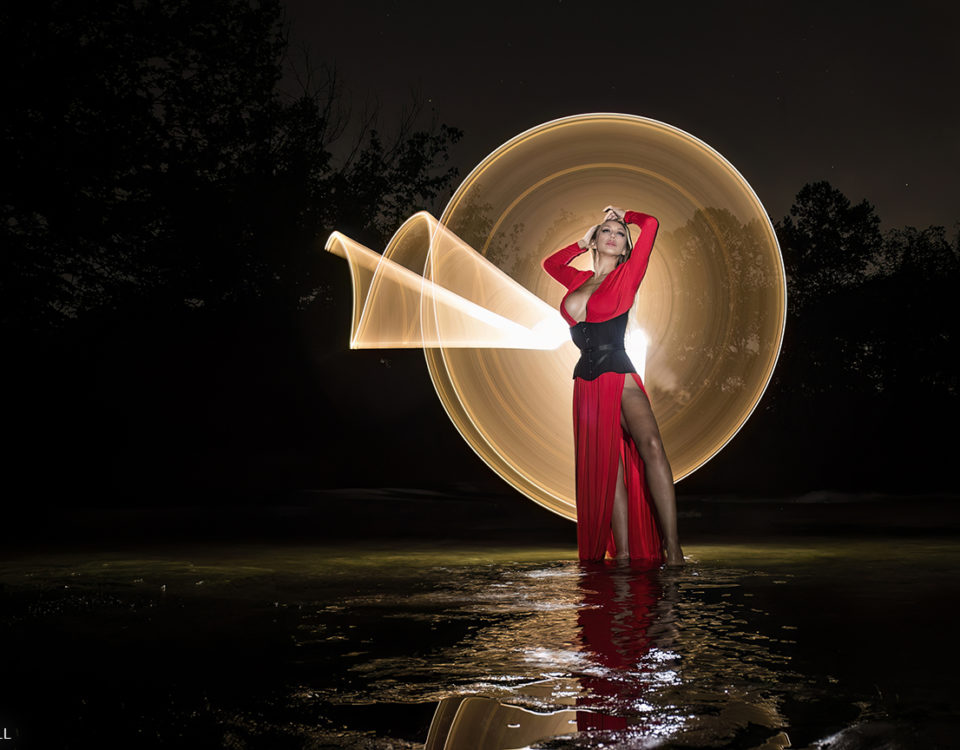A couple of months ago, we shot an event where we had a booth and a studio set-up running. We were stunned at the number of comments we received from ladies having problems with so-called professional photographers in the area who were NOT professional.
BEING A PROFESSIONAL PHOTOGRAPHER!
First and foremost of being a professional anything, responsibility
is the key! If you want to be taken seriously – you must be responsible. If you
want to be a success at anything, you must be responsible. If
you want to generate positive referrals and feedback, be responsible. What does
this include but not limited to? You must return phone calls; it stuns me how many
companies do not return their calls. If we don’t hear back from a corporation
in a couple of days – we move on. You must show up on time to
appointments, if you are going to be late, even 5 minutes, you MUST call. In this
day and age, there is no reason or excuse (besides being physically incapacitated)
that you cannot contact someone. Being responsible also means holding up to
your end of a bargain. If you say you are going to give someone a
CD of photos, give them the CD. If you agree to pay a model a certain amount,
pay them that amount. This does not mean holding to your side of a
contract, this means holding up your end, period – no
matter if it’s written, emailed, or just mentioned on the phone. Just recently a
company cheated several of its models at a fashion show. Granted, a contract
on the model’s part would be wise – but not needed if the company was
responsible, or felt responsible. Just last week, two models and a
photographer told me how they were cheated by a promotions company at a bikini
contest. If you can’t stand by your word – find a new line of work
– be a politician!
(Second) Insurance: A professional photographer should carry insurance. Just like any other company in the ….U.S….., a photographer should be responsible enough to carry no less than a million in coverage. A two million dollar policy costs around $500 a year. A million would probably cost around $300 or so, there is no reason not to spend a couple of hundred bucks to cover a 20 grand camera bag. This covers you, your model, your clients, your equipment, etc. We have heard photographers going on shoots and dropping their camera in the water or down cliffs, things happen – be covered. We always just shrug and say that’s what insurance is for – because it is! It also covers medical if you happen to fall down the same cliff while going after your camera.
(Third) Conduct: The conduct of a professional is just
that, professional. After you have arrived on time, you should act like a
professional. This doesn’t mean wear a three piece suit and be stuffy, heck, I
don’t even own a tie. You can be fun, you can crack jokes, you can have a great
time. What you cannot do is make off colored remarks. You cannot talk or imply
anything about sex when shooting, you should
avoid comments about politics or religion or race. You can have fun, but have brains
too. We always insist on a chaperone to accompany minors or female
models, there is no reason not to have one. Our only rule to that, we
prefer female models not bring a boyfriend (too many shoots are ruined from
this). We will add to this, we have done plenty of just fun shoots with
models and friends, no one getting paid, no worrying about a client, etc. At
that point, you can be as off the wall as you and the model are comfortable
with.
(Fourth) Specializing: A professional photographer is someone
who earns a living as a photographer. A professional portrait photographer is
someone who earns a living as a portrait photographer. A guy with a SLR and
trims trees for a living is not a professional photographer. A gal shooting the
Denver Broncos for a magazine is not a professional portrait photographer. If
you make your living shooting events, you are a professional event photographer.
Be honest with your clients. If you want to shoot sports for a company and all
you have ever shot is landscapes, tell them! There is nothing wrong with
branching out into other styles, but don’t BS someone by being a something like
a corporate photographer and then saying you shoot models professionally, because
you don’t! We are a professional event and portrait photography team. We
earn a living at both and have been doing so for more than 20 years. I
love shooting sports, but I don’t earn a living at it, my partner loves
shooting macro and landscapes, but doesn’t make money at it, I love
architecture photography, but I suck at it. Have fun, but be honest. It comes
back to simply
being responsible.
(Fifth) DBA: We have not mentioned a business license
simply because you do not have to have one. DBA
(Doing Business As) and business license requirements are different from state to
state. And depending on what and where you are shooting also has different requirements
and permits. For example, you do not need a business license to shoot
professionally at any of the ….Washington.., ..DC…. monuments, you do have
to have a permit from the Department of Interior, but they are free and easy to
get. However, in ….California…., to shoot on the beach
professionally, you have to have a DBA, a permit from the city and
the fire dept and it’s a royal pain in the butt. If your state requires a business
license, the application process takes little time and the cost is normally
less than $100. Check your state laws to find out what licenses or permits you
need for what you are shooting.
(Sixth) Locations: It is very common for professional photographers
to shoot all over the place, including their home. Face it, if you have a
studio, you must have a regular clientele to pay for that lease. What
fun is that? We like to be able to take a month off here and there for
vacation, or to simply travel for a company’s event. A lot of photographers
will rent a space for a single shoot or use their garage and basements as a
studio. We don’t see anything wrong with that as long as you take a few
measures. Again,
be professional! Don’t have your 4 year old’s toys sitting in the middle of the
set unless they are props. If you have pets, let your model know (they
may be allergic). Do not have family and friends just wondering into your
studio. Provide a nice, secure, and private changing area for your model. Don’t
force a nude
model to parade through your home because the changing area is 2 stories up.
Keep it clean! Maintain your studio and equipment the same way you maintain
your camera. A professional photographer shooting on location doesn’t just show
up and start taking photos. Call the city and see if you need permission or a permit.
If the land or company you want to shoot at is privately owned, make arrangements!
Remember, store fronts are copyrighted,
be careful of your backgrounds.
Finally, all the above is simply our opinion and
the opinion of several professional models I have worked with. Nothing is
ever set in stone and you can always find exceptions to every rule.


